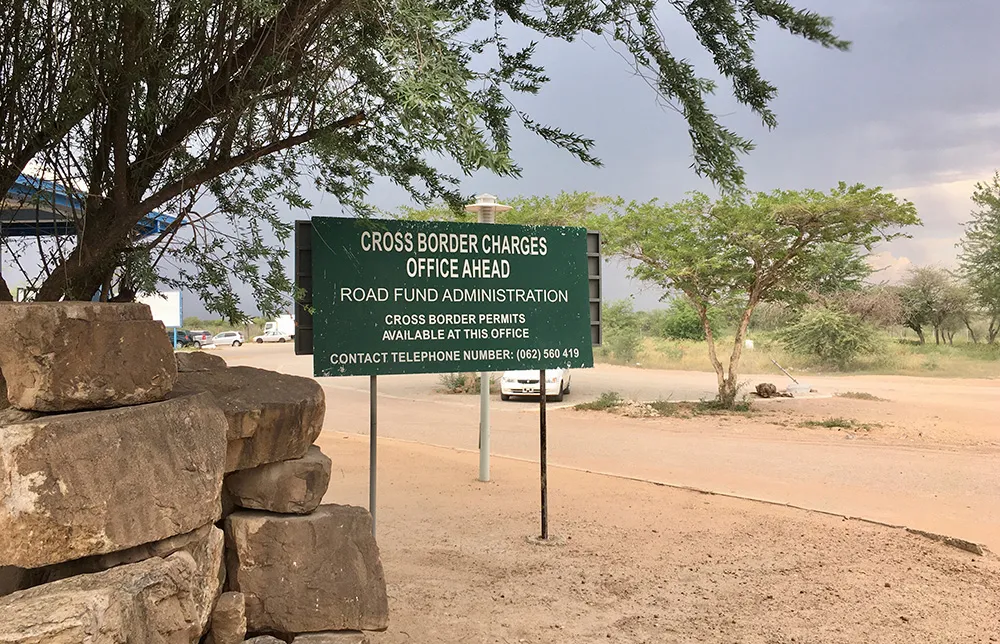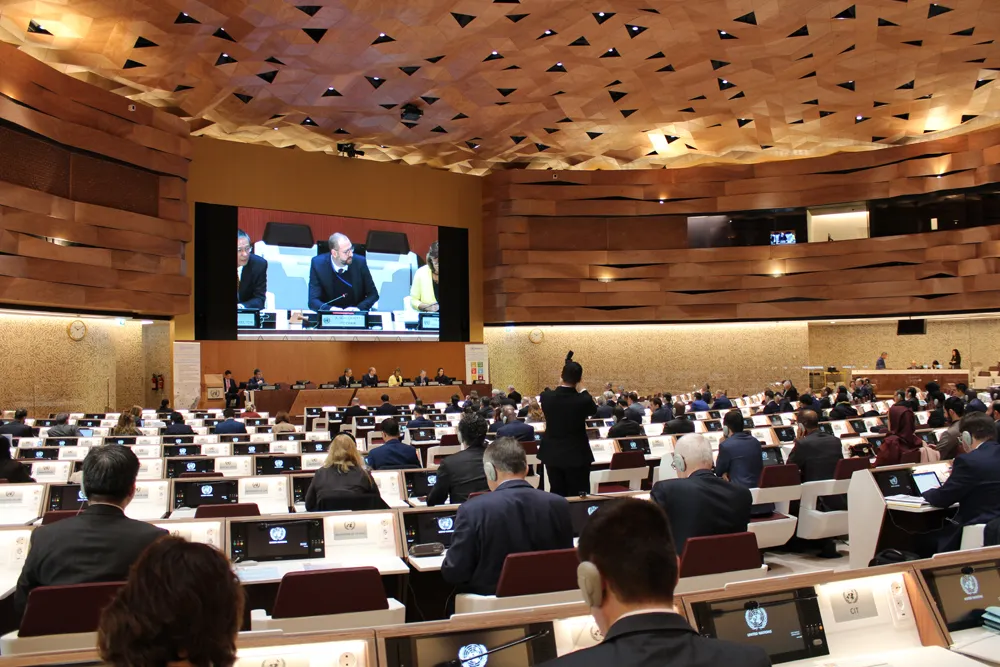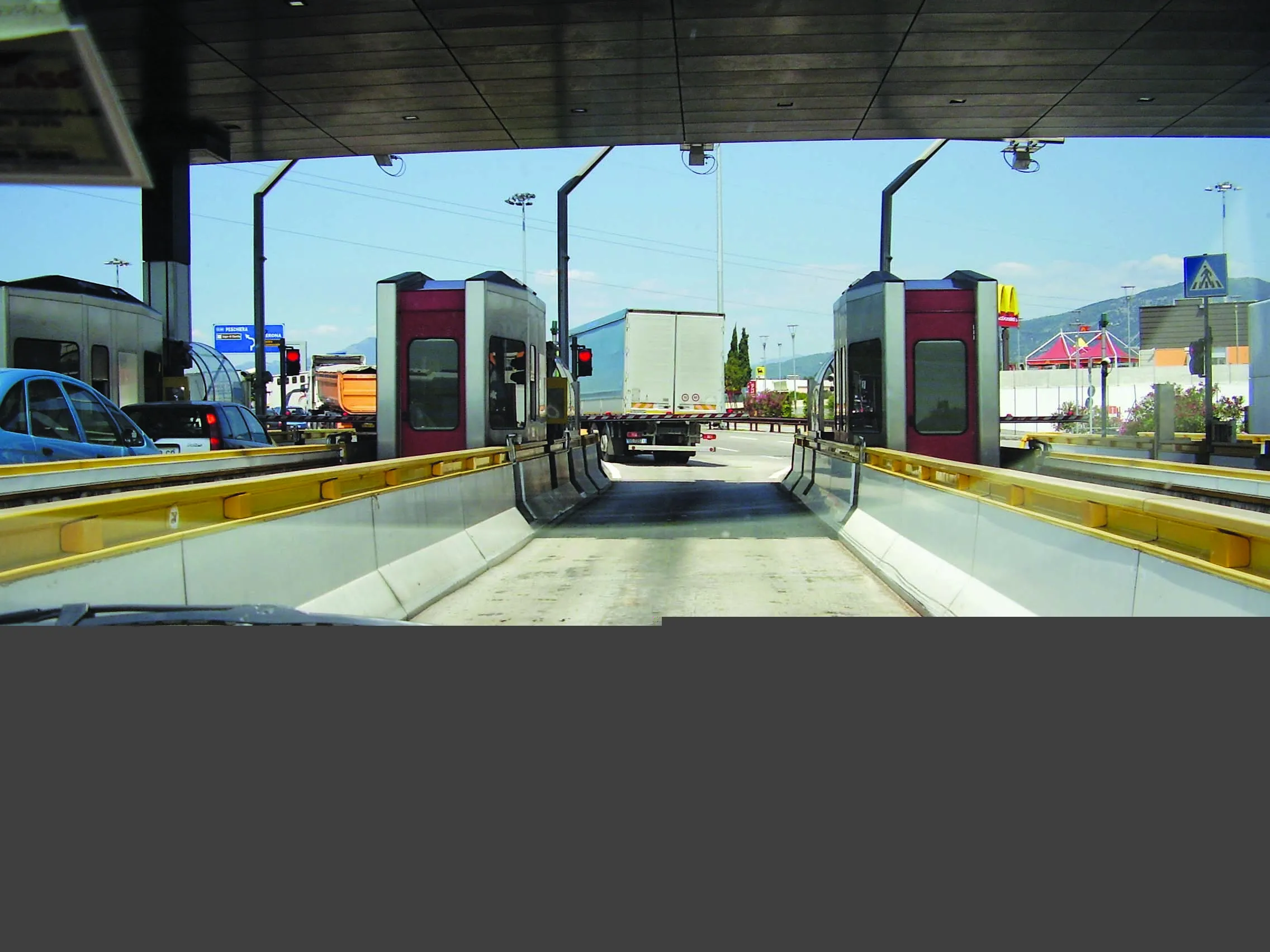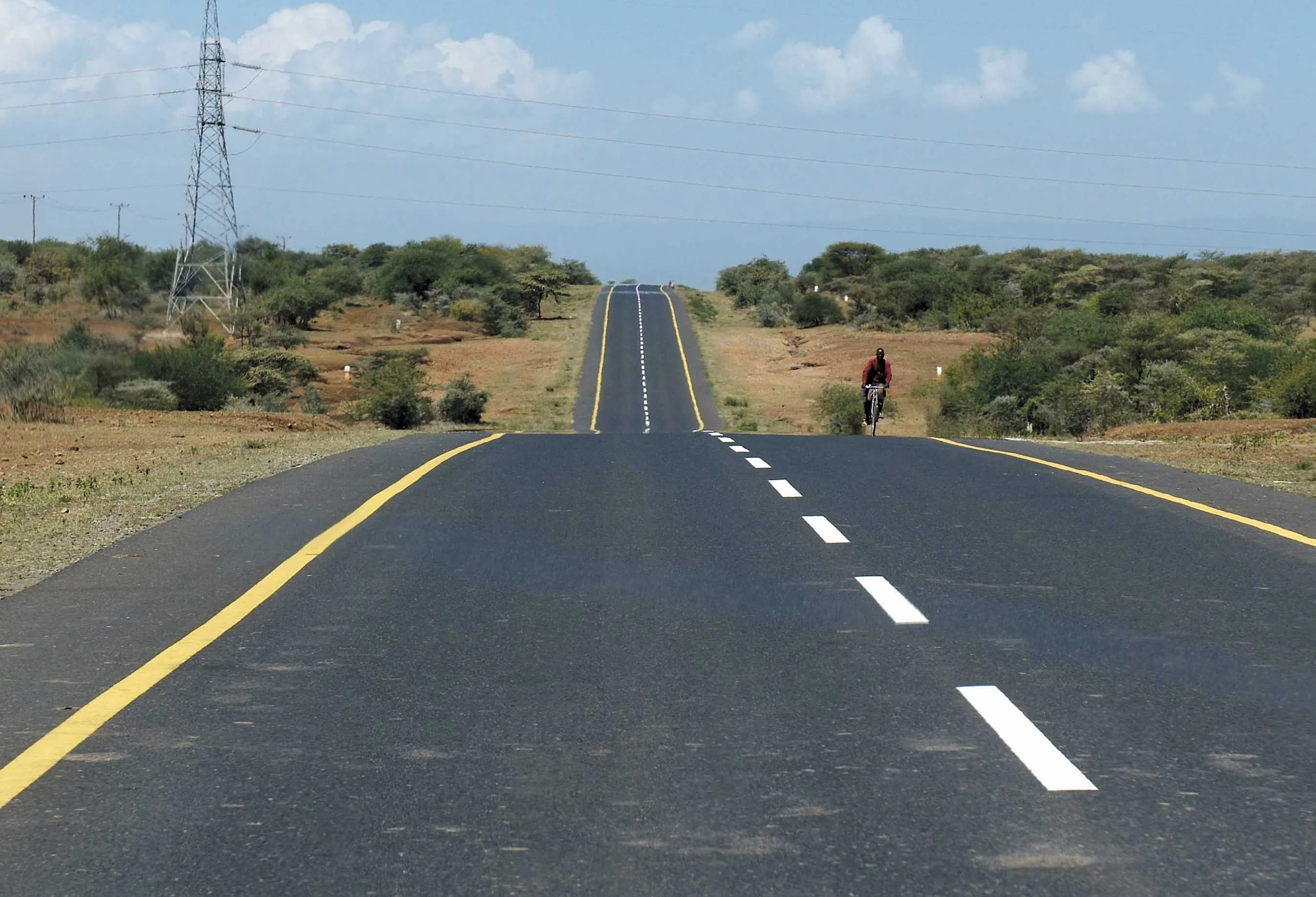
The traditional sources of funding for road maintenance projects and programmes in Africa has been confined to fuel levies, vehicle license and registration fees, road tolls, weight-distance charges, abnormal load charges and weighbridge fines, as well as cross border/ports of entry charges. Grants and loans from development partners are also accumulated as contributory funding. In some member states, Government subvention is provided from the central fiscus from tax revenue.
In the late 1980s a paradigm shift swept across the African continent, leading to the transformation of Government departments responsible for Infrastructure, Public Works and Transport. These changed into semi-commercial and autonomous entities dedicated to funding the provision and preservation of road infrastructure. With the reforms, the establishment of dedicated road funds sought to secure adequate funds based on road user-pay principles. Over the years, however, the erosion of the revenue base has rendered the funding inadequate - leading to rapid deterioration of the road networks on the continent.
The sustainability of traditional sources of road user charges revenue, specifically the fuel levy, necessitates strategies to seek alternative and long-term funding solutions for road maintenance. This comes against the backdrop of declining fuel consumption due to the introduction of e-vehicles and cleaner, more fuel-efficient vehicles.
If these alternative funding strategies are not explored, road construction and maintenance will be severely compromised on the continent. With funding being insufficient to provide for road maintenance needs, ARMFA member states require innovative strategies to be investigated and implemented.
Innovative and alternative sources of road financing on the African continent, such as tolling and distance-based road user charges, have been investigated and are in part being implemented.
Extensive literature is available on tolling and its history, technology and application across Africa. Zambia enacted the Toll Act of 2011 to provide for the establishment and operation of toll roads. Road tolling in Zambia today has progressed to the point where there are approximately 20 inland toll gates and an automated e-Toll payment system. The successful implementation of the Zambian toll model has seen increased revenue and enhanced efficiencies in the maintenance of its 67,671km road network.
It is argued that a road user charge such as fuel levy is discriminatory, in the sense that it favours the well-off, being able to afford fuel efficient vehicles and travel more kilometres. New funding advances should be geared towards charging road users for the amount of road use and not the fuel consumed. Such a model would then require the capturing of distance travelled, the quality of road traversed and the vehicle mass. Tracking technology fitted onto vehicles with identifiers, readers and onboard units, will allow for the transmission and processing of key data to enable efficient calculation of road use and ultimately the billing thereto.
The probable, most equitable and sustainable method is a road charge based on distance as it allows road users the choice and decision on the need for the trip, and usage of the road asset provided.
The Paris Accord has implored the nations of the world to reduce carbon emissions. The developed nations have responded to the call to aggressively manufacture and produce hybrid and electric vehicles. It is incumbent upon Africa to follow suit and position itself accordingly, in anticipation of technological advancement in generating revenue for roads.









